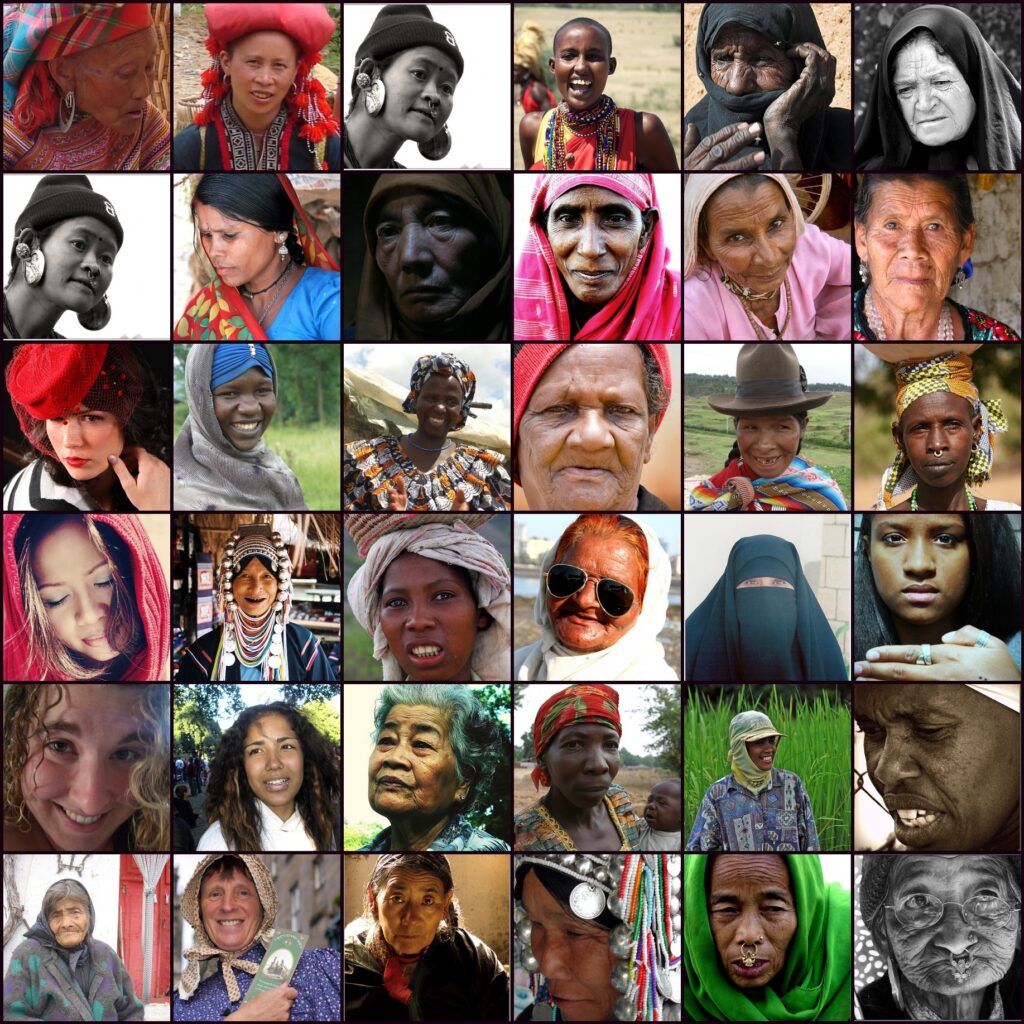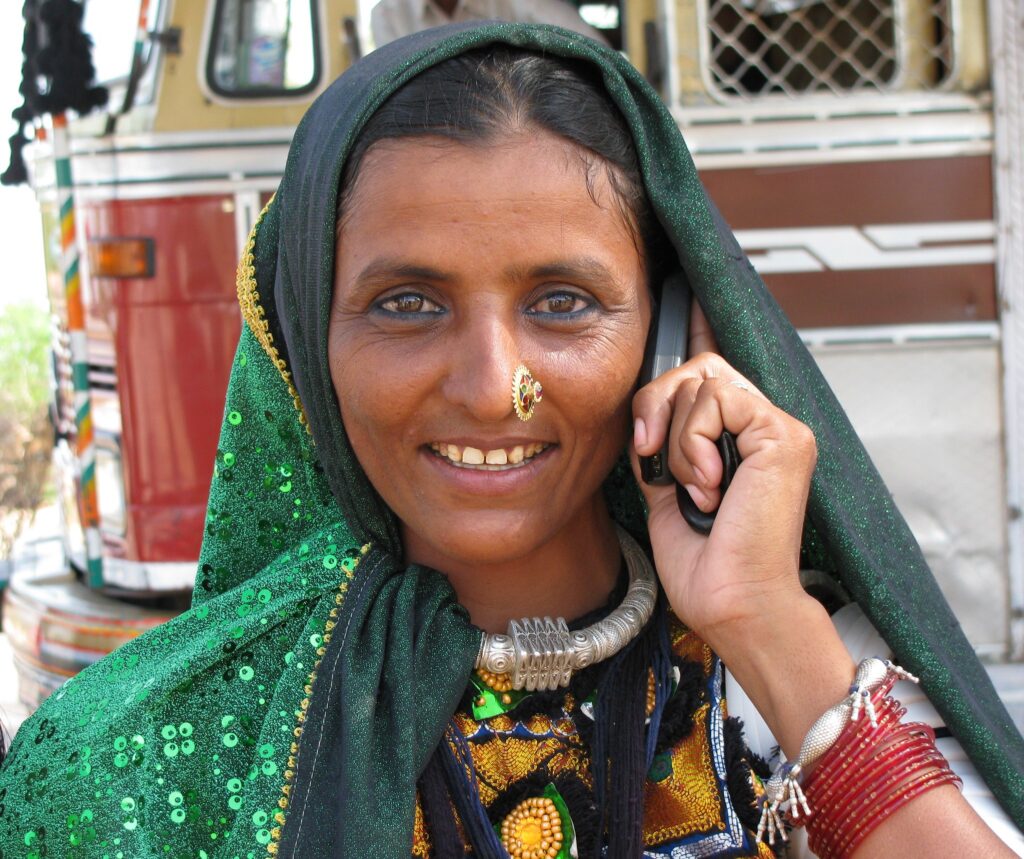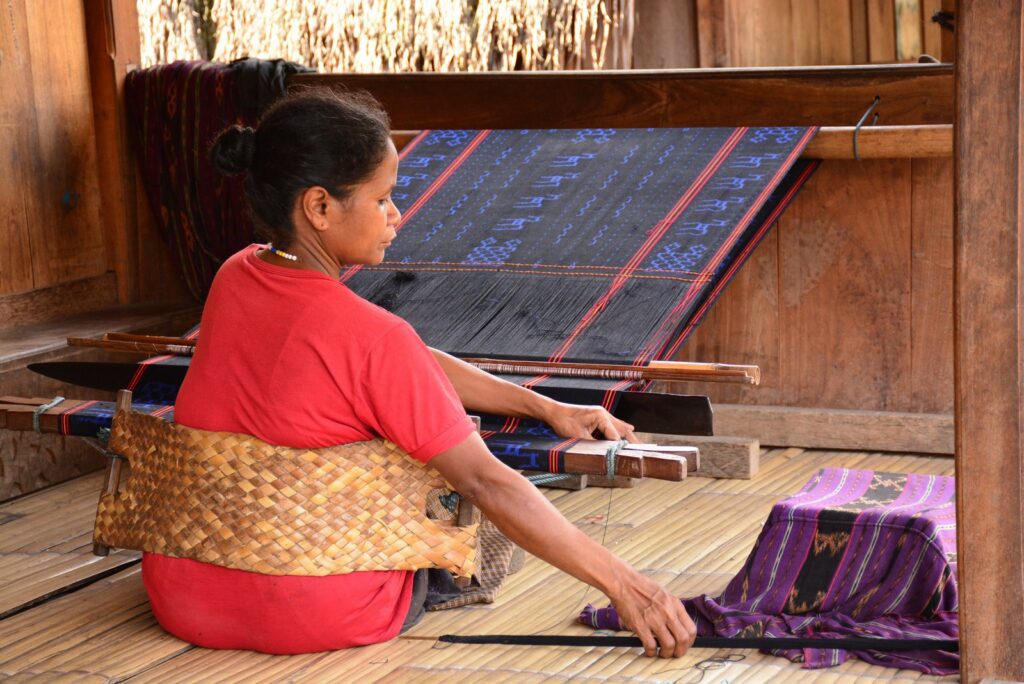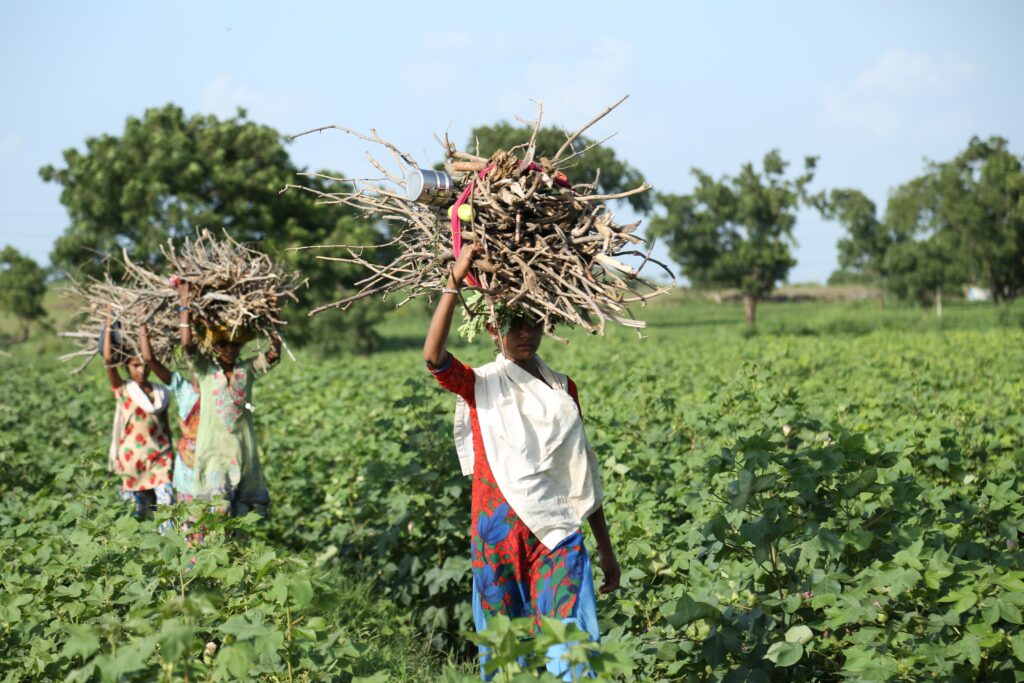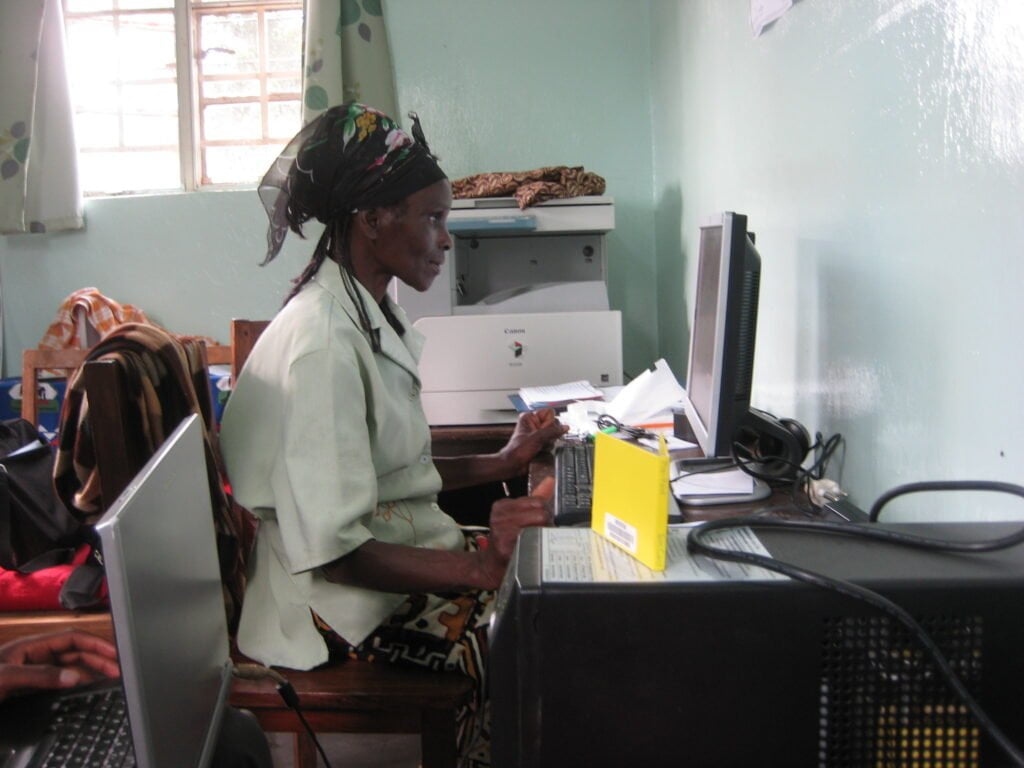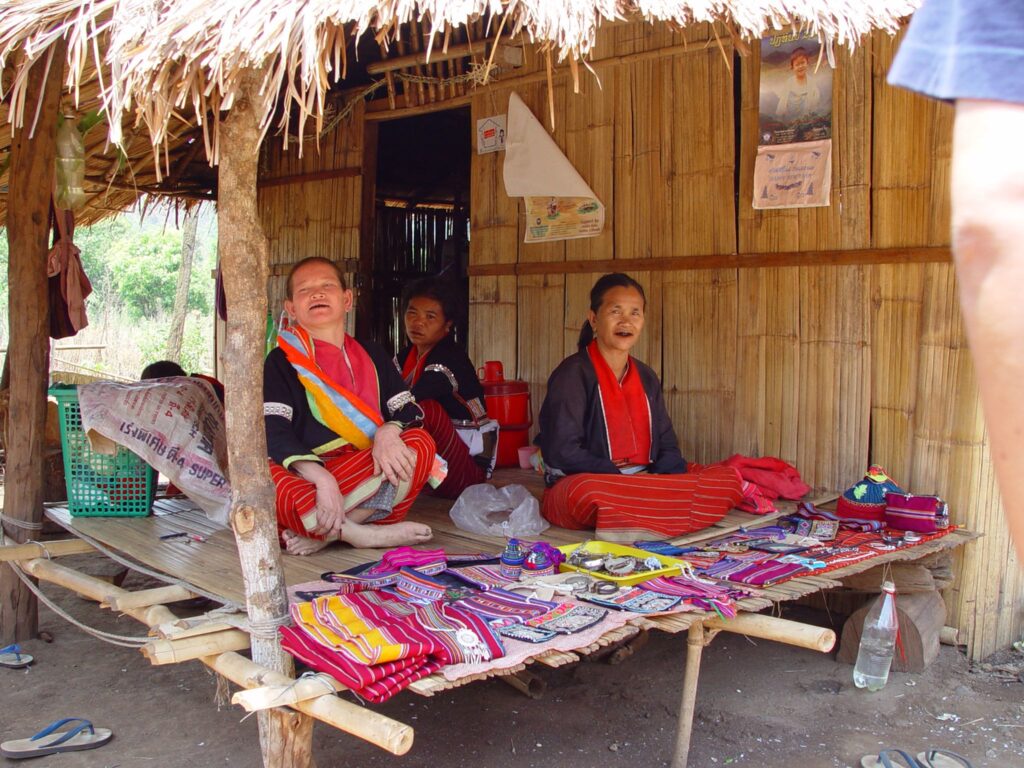Microfinance doesn’t always empower the women reliant on it, but a different form of accounting could help level the playing field.
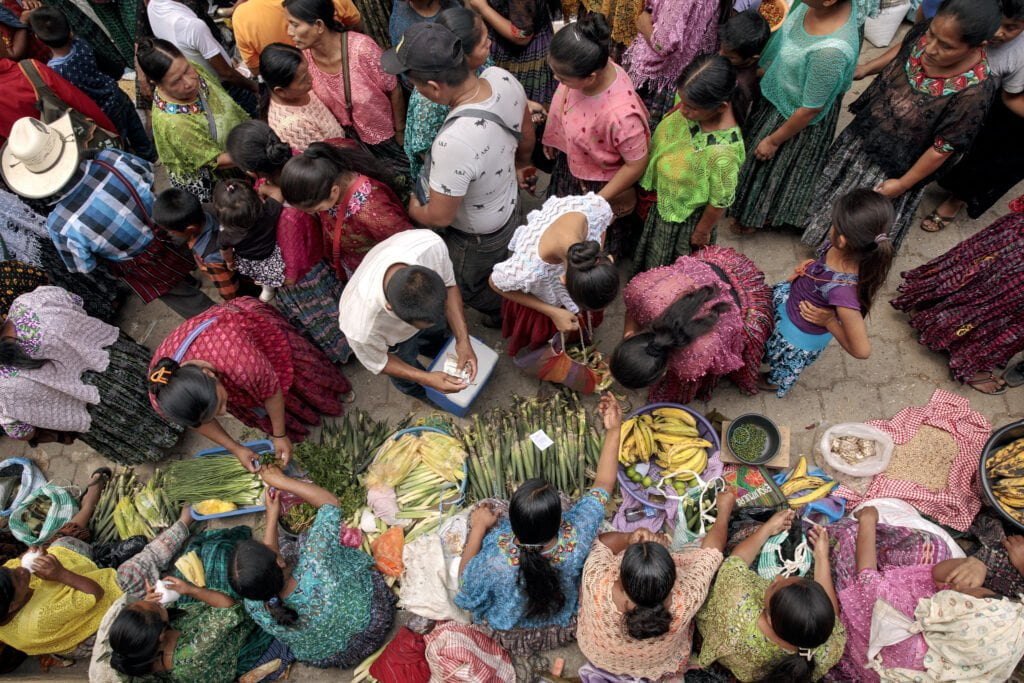 Dialogic accounting would better serve women’s empowerment in the microfinance context. : ‘Guatemala – Rural Women’ by UN Women is available at https://bit.ly3SIqx4b CC BY-NC-ND 2.0.
Dialogic accounting would better serve women’s empowerment in the microfinance context. : ‘Guatemala – Rural Women’ by UN Women is available at https://bit.ly3SIqx4b CC BY-NC-ND 2.0.
Microfinance doesn’t always empower the women reliant on it, but a different form of accounting could help level the playing field.
Microfinance, the poverty reduction tool of choice for the World Bank and many donor organisations, is not without its flaws.
Lenders, for example, often put intense pressure on borrowers to repay loans, leading to new forms of dominance, particularly over women. Many argue that microfinance does not, despite claims to the contrary, empower women.
Donors place pressure on the organisations running microfinance programmes, leading to financial reports showcasing performance in terms of their ability to collect repayments from the poor.
These practices have shifted the focus of microfinance organisations from social justice to financial sustainability.
Measures to address the needs and concerns of marginalised communities through ‘participatory reviews’ and stakeholder engagement have been largely tokenistic.
A pertinent factor here is the power imbalance between those who provide finances versus those who receive finances. Poor women often do not have sufficient power or resources to raise concerns without fear of repercussions.
Shifting the accounting approach used by microfinance organisations could help.
Researchers have dubbed it ‘dialogic accounting’ – an alternative way to bring in information that traditional accounting, with its primary focus on serving investors, often ignores.
Supporters of dialogic accounting point out that while pressure for companies to account for social and environmental measures has led to increased reporting, it hasn’t actually led to greater accountability.
The aim of dialogic accounting is to bring players with less power into the discussion on what to report on.
In the microfinance context, this would involve identifying relevant groups, such as poor women and feminist activists, and gaining perspectives into their needs, concerns and struggles.
This moves beyond conventional stakeholder engagement, in that it would not be controlled by microfinance organisations but facilitated by an external group, such as a political action committee.
It gives participants the opportunity to push for new types of reporting that factor in structural barriers to women’s empowerment, such as oppressive cultural practices, corruption and regulatory failures, and inadequate social services.
The aim is to facilitate processes where women can feel empowered to demand change.
Access to finance is a key milestone on the path to eradicating poverty.
But women’s empowerment in the microfinance context is a complex issue and cannot be simplistically articulated in terms of transfer of money and/or information. Accounting is very much part of this problem.
If the language of business is accounting then challenging accounting as a construct can help transform everyday business practices that are currently failing many communities.
Farzana Aman Tanima is a Lecturer at the Faculty of Business and Law, University of Wollongong. She declares no conflict of interest.
Originally published under Creative Commons by 360info™.


